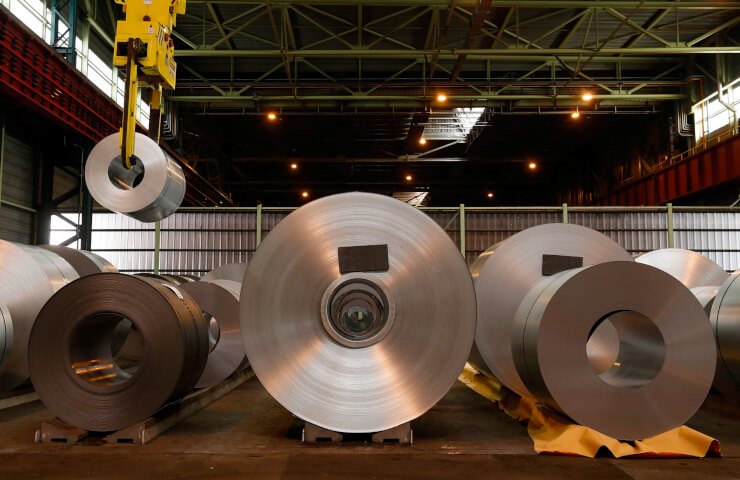The EU steel market safeguard is unlikely to be extended beyond the summer of 2024, with such imports likely to increase, German steelmaker Salzgitter said.
According to the company, the decline in steel prices in recent months was caused by the deterioration of the situation in the Chinese market, which caused increased import pressure in the EU from other Asian countries. Import volumes in May were over a million tonnes, the highest level since October 2021.
The exhaustion of other countries' hot-rolled coil (HRC) quotas may somewhat offset this import pressure, as Asian countries are within the residual quota cannot sell more tons to the EU without the risk of buyers being subject to protective duties.
Salzgitter also noted that trading firms prefer to keep inventory as low as possible due to higher financing and warehousing costs .
Demand from some end-users, including the construction sector, weakened in the first half of the financial year, the company said. High inflation has also affected demand from other sectors, including home appliances and other consumer-related industries.
However, Austrian steelmaker Voestalpine recently noted a "significant" improvement in demand from the automotive sector driven by catch-up effect after supply chain problems caused by Covid-19. However, they noted low demand from consumer and household appliances. According to Voestalpine, unless central banks reverse course to raise interest rates, demand in these sectors is likely to remain low during this year.




